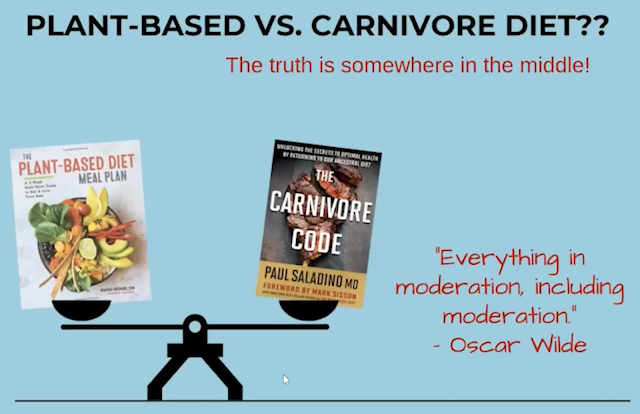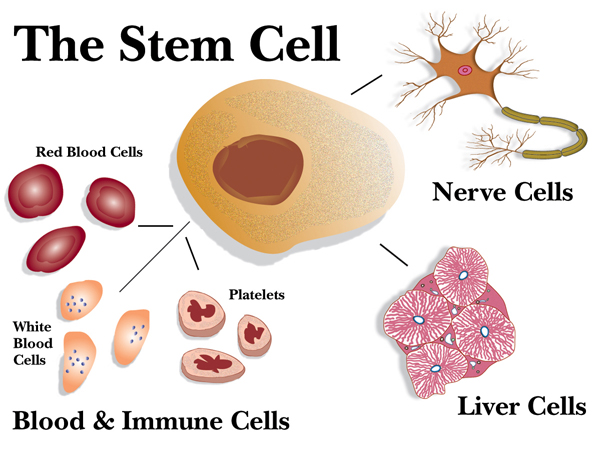Carnivore diet vs Vegetarian diet: What's the Difference?

The phrases "vegetarian diet" and "carnivore diet" are being tossed around a lot these days. For some, a "vegetarian diet" is what vegans eat. Veganism combines a diet free of animal products with a moral philosophy that rejects the "commodity status of animals." Vegans are the strictest of vegetarians, avoiding milk, fish, and eggs. One plant-based diet advocate in the introduction to a special issue of the Journal of Geriatric Cardiology (2017) wrote that "a plant-based diet consists of all minimally processed fruits, vegetables, whole grains, legumes, nuts and seeds, herbs, and spices and excludes all animal products, including red meat, poultry, fish, eggs, and dairy products." You will notice that this cardiologist "excludes all animal products" and that the qualifying phrase "minimally processed" crept into the definition. Whole-Foods Version The so-called documentary "Forks Over Knives" brought t



